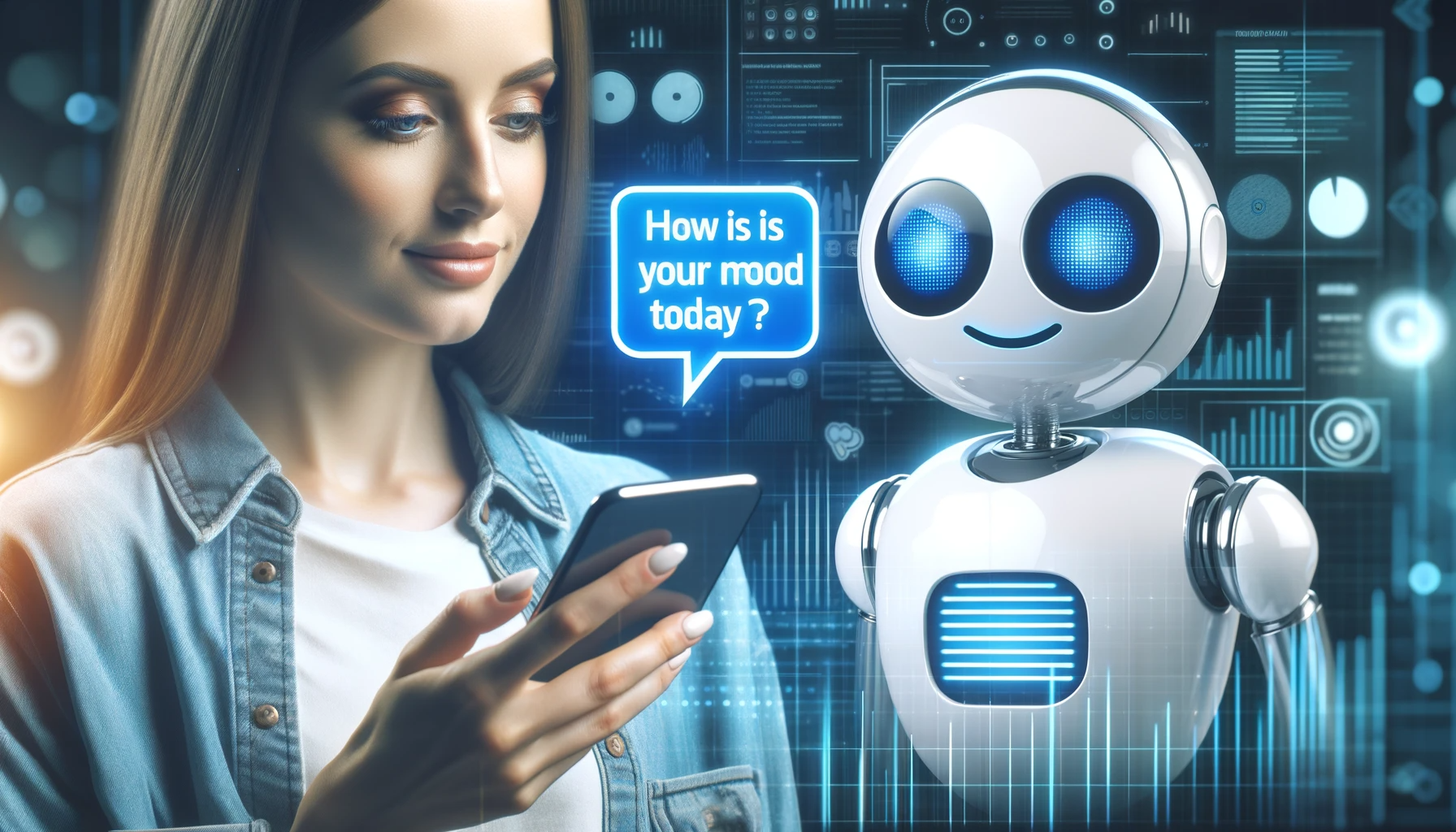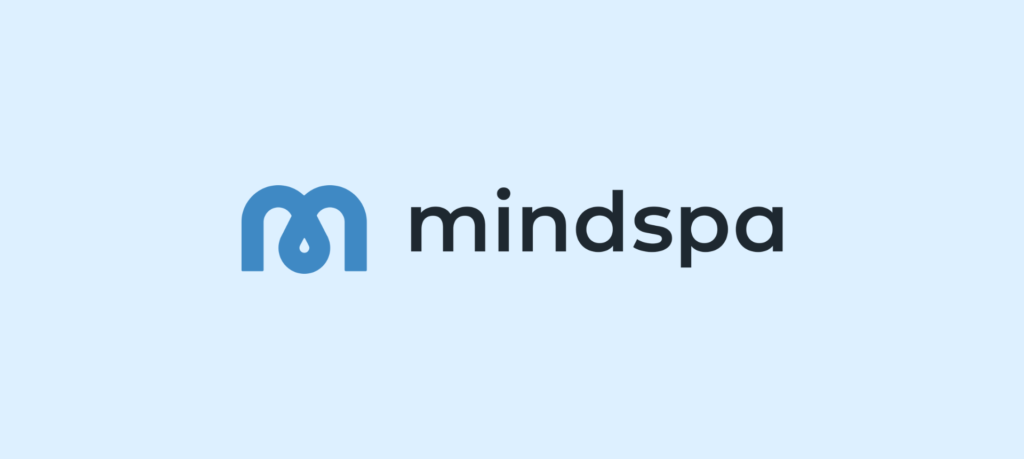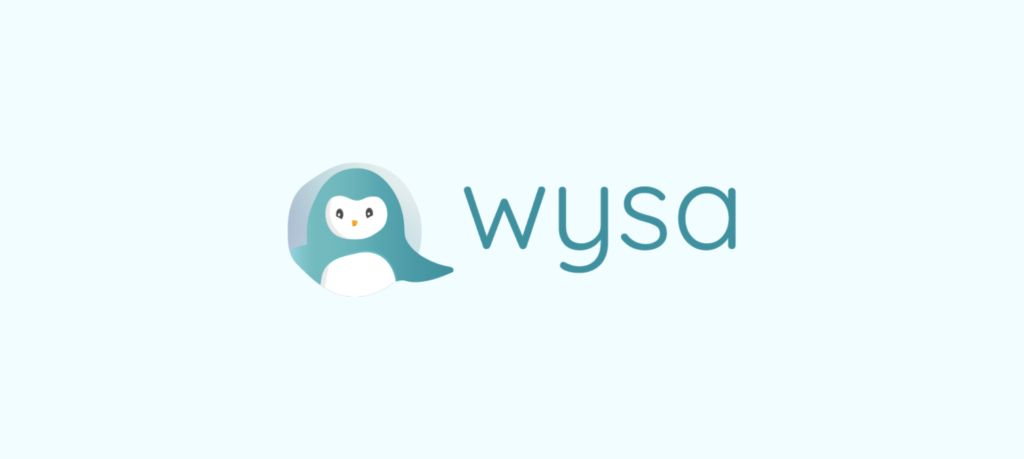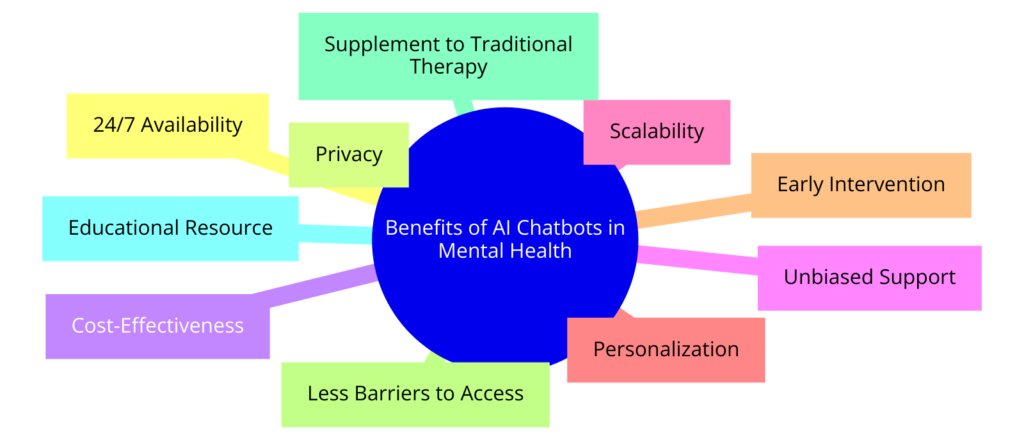
Recent developments in mental health care have been notably influenced by the integration of Artificial Intelligence (AI), marking a significant evolution in the approach to addressing longstanding challenges. AI’s role in mental health is multifaceted, offering accessible, customized, and proactive support.
Primarily, AI enhances accessibility to mental health resources. Digital platforms such as chatbots and applications, available around the clock, provide a vital service for individuals who may find conventional therapy inaccessible due to geographical constraints, hectic schedules, or apprehensions about traditional therapeutic environments. This personalized approach significantly increases the effectiveness of the help provided, ensuring that it meets specific individual needs.


Professionals in the mental health field also benefit from AI technology. AI assists in diagnostic processes and administrative tasks, thereby allowing professionals more time for direct patient care. AI’s capability to process and analyze large volumes of data is not only beneficial for individual care but also invaluable for research, offering new insights into mental health conditions.
For individuals interested in self-help techniques, AI provides various tools and strategies, such as stress management and coping mechanisms for negative thoughts. This empowers individuals to actively participate in their mental well-being.
By identifying subtle changes in behavior or speech, AI tools can alert users to potential concerns, facilitating early intervention and possibly preventing more severe problems.
However, it is crucial to acknowledge that AI is intended to supplement, not replace, the human element in mental health care. Issues of privacy, ethical use of data, and the irreplaceable value of human empathy and understanding remain paramount. Nonetheless, the incorporation of AI into mental health services represents a substantial stride towards more accessible, efficient, and personalized care for everyone.
AI mental health solutions market state

The AI healthcare chatbot market is experiencing remarkable growth. As of 2024, the market valuation stands at an impressive $1.4 billion. Projections indicate a significant surge, with expectations of the market reaching $12.2 billion by 2034, which translates to a Compound Annual Growth Rate (CAGR) of 23.9%.
Geographically, North America is at the forefront of this market, driven by its advanced healthcare infrastructure, digital expertise, and presence of leading AI and natural language processing technology providers. The region is anticipated to maintain its dominance with a CAGR of 17.79% in the forthcoming years.
Europe and the Asia-Pacific region are also key contributors to this market. Europe’s focus is primarily on deploying chatbots for healthcare events and telemedicine services. Meanwhile, the Asia-Pacific region is witnessing rapid growth, fueled by supportive government initiatives and a shift towards digital healthcare solutions.
The mental health software sector is also showing notable growth, with an anticipated CAGR of 18.8% from 2024 to 2034. By the end of this period, the market is expected to reach approximately $29.45 billion. North America is projected to hold a significant share of this market, accounting for 28.6% in 2024.
Mental health and the contribution of AI chatbots
Before diving into our list, it’s essential to comprehend the growing significance of AI in mental health. AI chatbots have become increasingly popular as they offer a level of availability and consistency that can complement traditional therapy. For people who might not have access to a therapist, AI chatbots are a beacon of support, offering a judgment-free zone for users to express their feelings and seek guidance.
Why mental health matters
- Mental health is key to how we think, feel, and act daily.
- It helps us deal with stress, connect with others, and make decisions.
- Good mental health is essential for physical health, strong relationships, and a fulfilling life.
The growing need for care
With increasing cases of depression, anxiety, etc., effective care is crucial. Mental health issues can affect life quality, healthcare costs, and work productivity.
Instant help: available 24/7, they provide quick support, crucial for those needing immediate help or uncomfortable with traditional therapy.
Fighting stigma: they offer a safe, judgment-free space, encouraging more people to seek help.
Wider reach: AI can serve more people, including remote areas, at lower costs.
Personalized support: chatbots can tailor advice and support to individual needs.
Complements therapy: they can enhance regular therapy, providing extra support.
Data insights: collect valuable data (with privacy) to improve future care.
Boosting awareness: help normalize mental health discussions and increase education.
Criteria for selecting the top 10 mental health AI chatbots
When picking the top 10 mental health AI chatbots, we focused on a few key things to make sure they’re awesome for you:
- We chose chatbots that have been proven to help people through studies or lots of positive user feedback.
- Chatbots that are simple to use, respond well, and make you feel good while chatting got our thumbs up.
- We looked for chatbots that everyone can use, no matter your language, culture, or age.
- Only chatbots that take your privacy super seriously made the cut.
- We love chatbots that do more than just chat – like tracking your mood or giving personalized tips.
- The smarter the chatbot, the better it can help you.
- We picked chatbots that users really rave about.
- We trust chatbots made by teams who really know their stuff about mental health and AI.
- We looked for free or affordable chatbots so everyone can get help.
- We chose chatbots that are honest and respect your choices.
We made sure these chatbots are not just smart, but also helpful, fun, and safe for you to use!
Top 7 mental health AI chatbots

Coach Marlee by Fingerprint for Success
Developer: Fingerprint for Success
Key Features: Personalized coaching programs, focus on self-esteem and confidence building, utilizes a Vital Wellbeing program.
User Experience: User-friendly with friendly check-ins and deep, reflective questions.
Accessibility and Cost: Accessible through a free assessment, with coaching sessions on-demand.
Effectiveness and Reviews: Reports of users feeling like they’re talking to a real person, 90% goal achievement rate.
Coach Marlee by Fingerprint for Success is an AI-powered coaching platform that offers personalized development in personal and professional contexts. It utilizes data-driven insights and behavioral science to provide tailored guidance, focusing on enhancing individual strengths and addressing growth areas.

Woebot Health
Developer: Woebot Labs
Key Features: Cognitive Behavioral Therapy (CBT) techniques, daily therapy sessions.
User Experience: Engaging and supportive, designed for daily interactions.
Accessibility and Cost: Free to download and use.
Effectiveness and Reviews: Popular for its CBT approach, no specific user reviews mentioned.
Woebot Health is a digital health company that offers an AI-powered chatbot designed to support mental health. Woebot provides therapeutic conversations, using principles of cognitive-behavioral therapy to help users manage mental health challenges like anxiety and depression.

Limbic
Developer: Limbic AI
Key Features: Neuroscience and psychology-based, personalizes therapy sessions.
User Experience: Simplified interaction, no registration required.
Accessibility and Cost: Free, available on App Store and Google Play.
Effectiveness and Reviews: Recognized by NHS, but specific effectiveness data not provided.
Limbic AI is a technology platform that offers AI-powered mental health support. It uses advanced algorithms to understand and respond to emotions, providing personalized mental health care and well-being support through real-time monitoring and intervention recommendations.

Mindspa
Developer: Mindspa
Key Features: Psychoeducation, self-assessment tools, mental wellness workouts.
User Experience: Comprehensive with articles, tips, and courses.
Accessibility and Cost: Free, available on App Store and Google Play.
Effectiveness and Reviews: Focuses on a range of emotional burdens, no specific reviews noted.
The Mindspa chatbot is a feature within the Mindspa app, designed to interact with users in a conversational manner. It offers support and guidance on mental health topics, helping users navigate the app’s resources and tools for emotional well-being and stress management.

Rise Up
Developer: Rise Up AI Therapy
Key Features: Mood tracking, mental health assessments, personality tests.
User Experience: Empowers users to understand and manage their emotions.
Accessibility and Cost: Available on App Store and Google Play.
Effectiveness and Reviews: New to the market, specific reviews not available.
The Rise Up AI Therapy chatbot is a digital tool designed to provide therapeutic support using artificial intelligence. It offers guided conversations based on therapeutic techniques to help users manage mental health issues like anxiety, depression, and stress.

Wysa
Developer: Developed by Touchkin.
Key Features: Utilizes Cognitive Behavioral Therapy (CBT) principles for mental health support.
User Experience: Provides mood tracking, coping strategies, and mindfulness exercises.
Accessibility and Cost: Free to use.
Effectiveness and Reviews: Rated 4.7/5 on Google Play Store.
Wysa is an AI-powered mental health chatbot designed to offer emotional support and therapy guidance. It uses evidence-based techniques, including cognitive-behavioral therapy, to help users deal with stress, anxiety, depression, and sleep issues in a conversational format.

Youper
Developer: Youper, Inc.
Key Features: Focuses on emotional health assistance using AI.
User Experience: Interactive and supportive chatbot.
Accessibility and Cost: Available for $69.99 per year.
Effectiveness and Reviews: Achieved a rating of 4/5 on Google Play Store.
Youper is an AI-driven chatbot that assists users in managing their emotional health. It offers personalized conversations to help with mood tracking, anxiety, and depression, using techniques from cognitive-behavioral therapy and mindfulness to improve mental well-being.
These AI chatbots stand out as some of the most advanced and beneficial options in the field of mental health. They provide a diverse range of features and approaches to suit various preferences and requirements. Please note that their ratings and reviews are subject to change and it is advisable to consult the most recent updates for current information.
Benefits of AI in mental health
AI chatbots offer several significant benefits in providing accessible mental health support, marking a transformative shift in how mental health services can be delivered and accessed. These benefits include:
- 24/7 availability: AI chatbots are accessible at any time, providing support outside of regular clinic hours. This is particularly beneficial for individuals who might experience mental health issues outside of traditional service hours or who need immediate support.
- Anonymity and privacy: Many people are hesitant to seek mental health care due to stigma or privacy concerns. AI chatbots offer a level of anonymity that can make users feel more comfortable discussing sensitive topics, which encourages more people to seek help.
- Cost-effective: AI chatbots are generally less expensive than traditional therapy sessions, making mental health support more affordable and accessible to a broader range of people, including those who might not have access to or cannot afford traditional mental health services.
- Consistency and unbiased support: Unlike humans, AI chatbots can provide consistent responses and support, free from the biases or judgments that can sometimes inadvertently influence human interactions. This consistency ensures that users receive uniform care and advice.
- Scalability: AI chatbots can handle a large number of users simultaneously, something that is not feasible with human therapists. This scalability is crucial in addressing the growing demand for mental health services.
- Personalization: With advancements in AI, chatbots can learn from interactions and personalize responses to better suit individual users’ needs. This personalized approach can make the support more relevant and effective.
- Early intervention and monitoring: AI chatbots can identify patterns that may indicate a decline in mental health, facilitating early intervention. They can also monitor progress over time, providing valuable feedback and adjustments to treatment plans.
- Reduced waiting times and barriers to access: AI chatbots eliminate long waiting times often associated with traditional mental health services, providing immediate support. They also break down geographical barriers, reaching individuals in remote or underserved areas.
- Supplement to traditional therapy: AI chatbots can act as a supplement to traditional therapy, providing additional support between sessions, aiding in treatment adherence, and reinforcing therapeutic strategies.
- Educational resource: Many AI chatbots are equipped with resources to educate users about mental health, coping strategies, and wellness, further promoting mental health awareness and self-care.

AI mental health chatbots considerations
While AI chatbots present numerous benefits in mental health care, they are not without limitations and should be used in conjunction with, rather than as a replacement for, professional mental health services. However, their role in expanding access and providing initial or supplementary support is undeniably valuable in the broader context of mental health care. Key among these are concerns related to privacy, accuracy of advice, and other ethical and practical issues.
Privacy and Data Security
Users often share sensitive information with AI chatbots. Ensuring this data is kept confidential and secure is paramount. How and where data is stored, and who has access to it, raises concerns, especially given the sensitive nature of mental health information. Chatbots must comply with health data protection laws like HIPAA (Health Insurance Portability and Accountability Act) and GDPR (General Data Protection Regulation).
Ethical Considerations
Users should be fully informed about how their data will be used and the limitations of AI chatbot interactions. There’s a potential risk of misdiagnosis or oversimplification of serious mental health conditions, leading to inadequate treatment. Ensuring human oversight in AI chatbot interactions to handle complex or crisis situations is essential.
Integration with Traditional Healthcare
Ensuring that AI chatbots complement rather than replace human healthcare professionals is vital. Effective mechanisms for referring users to human therapists or emergency services when necessary are crucial.
Accuracy and Reliability of Advice
AI chatbots may not fully understand complex human emotions and contexts, leading to inappropriate or inaccurate advice. The accuracy of AI responses heavily depends on the quality and clarity of the information provided by users.
User Engagement and Trust
Gaining the trust of users, especially when discussing sensitive topics, is challenging for AI systems. Keeping users engaged over time, especially in the absence of human elements like empathy and understanding, can be difficult.
Cultural and Linguistic Considerations
Providing culturally relevant and sensitive support is necessary to cater to a diverse user base. Overcoming language barriers and nuances in communication is crucial for accurate understanding and support.
Regulatory and Standards Compliance
AI chatbots must adhere to clinical standards and guidelines to ensure safe and effective use. Navigating the complex regulatory landscape and obtaining necessary approvals can be challenging.
Role of technology in mental health care
The integration of technology, particularly AI, in mental health care is a significant advancement, enhancing the availability and reach of mental health support. Chatbots, as part of this technological integration, have the potential to democratize mental health care, making it more accessible and less stigmatized. However, it’s crucial to recognize their limitations, especially in terms of the depth and quality of support compared to human therapists.
The ideal scenario would involve a balanced approach, where technology complements rather than replaces traditional methods. AI chatbots can serve as a first step or an additional resource in mental health care, but they should be used in conjunction with professional medical advice and therapy. The future of mental health care is likely to be more technology-driven, and as AI evolves, we can expect these tools to become more sophisticated and better equipped to meet a range of mental health needs.
In conclusion, while AI chatbots represent a promising tool in the mental health domain, their use should be carefully balanced with human-led therapeutic interventions. The role of technology in mental health care is undeniably growing, but it must be harnessed responsibly, ensuring that the human element remains central to the care process.


